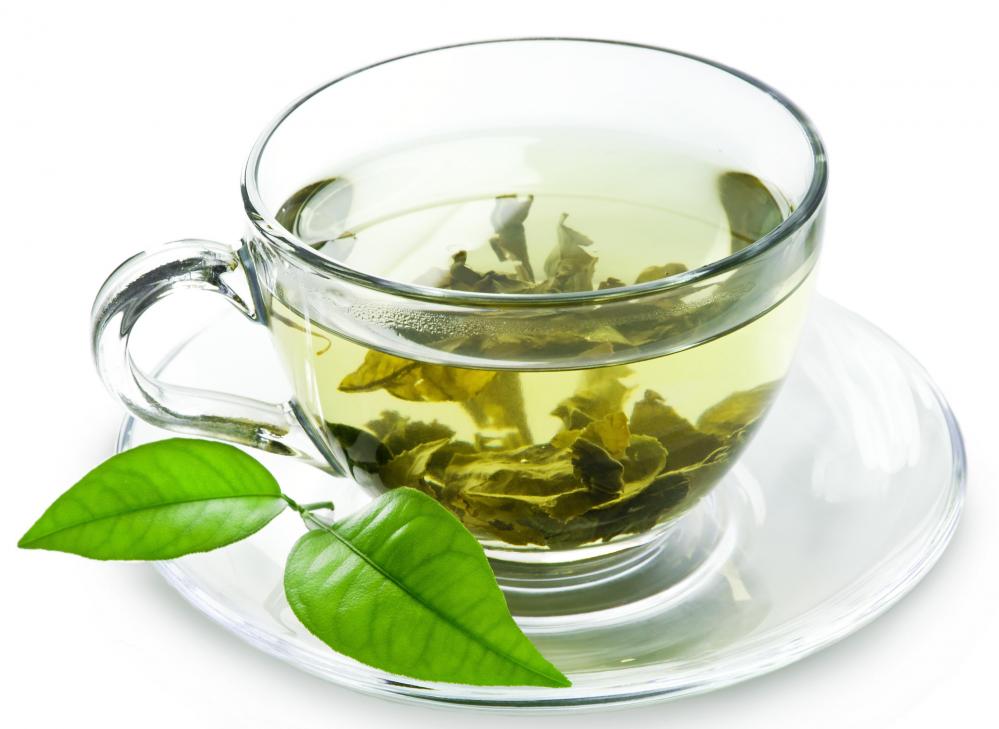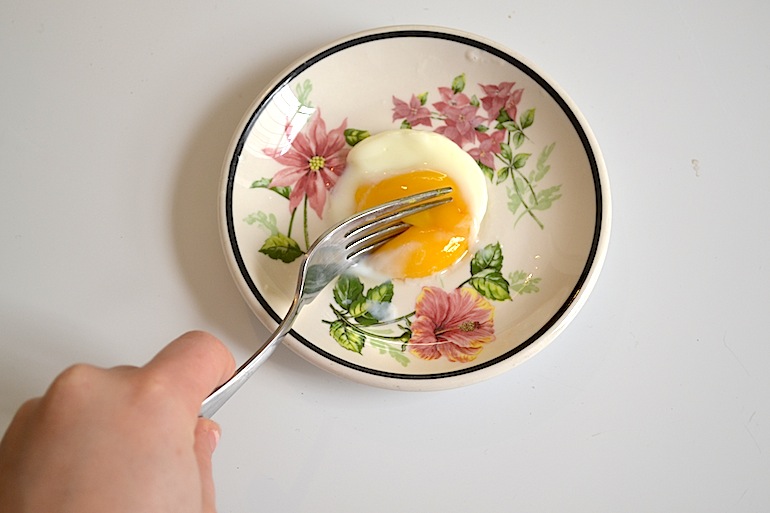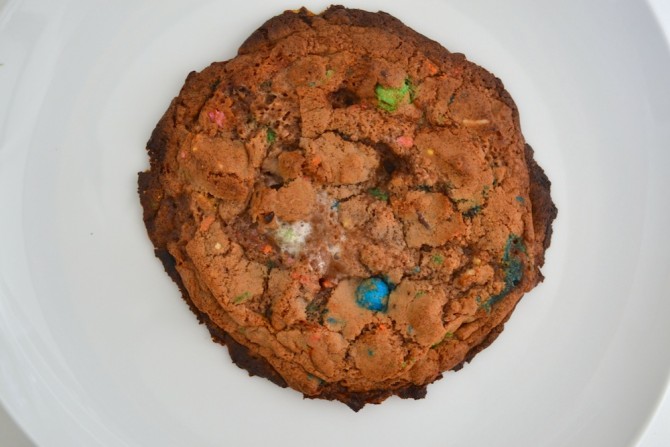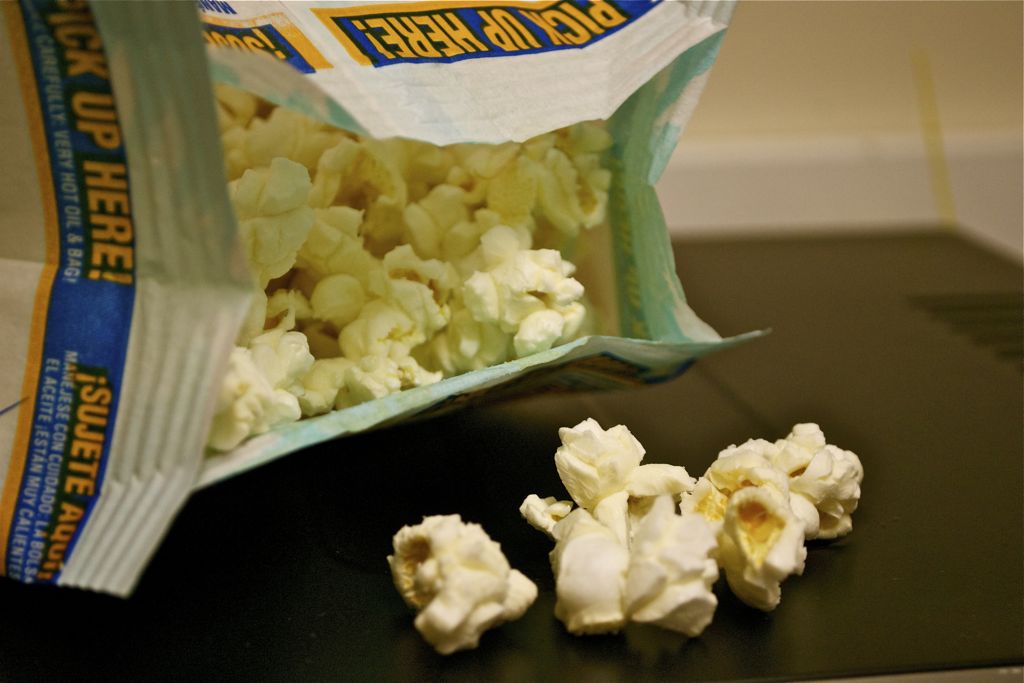Studying is hard work, but that doesn’t always give you the excuse to snack on junk food in the middle of the night. While it’s important that you remember to eat during finals season, it’s just as important to be mindful of what you choose to feed your body. Here are some tips that will help you snack smart and stay healthy.
1. Hydrate, hydrate, hydrate!
Sometimes the only “snack” your body really needs is a nice glass of water. It can be easy to mistake actual thirst for hunger when you’re focused on pulling throwugh your final all-nighters. But staying hydrated is important because it helps maintain proper and optimal brain function. If water seems too plain, infuse different fruits and herbs to add a refreshing twist. Other good options are coconut water, herbal teas and milk.
2. Go easy on the caffeine.

Photo courtesy of myessentia.com
This tip is especially important for people who are more caffeine-sensitive. Coffee may be able to help you get through the night, but drinking too much can seriously impair your studying and your sleep. If you must order that double-shot espresso, though, try to avoid the empty calories from heavy creamers and simple syrups.
3. Lean towards proteins and fats.

Photo by Amanda Shulman
Ideally you want to eat foods that are light, filling and sustaining. There’s nothing worse than eating a carb-heavy meal, only to fall asleep on your textbook from a food coma ten minutes later. Snacks that combine healthy amounts of carbs, proteins and fats are most efficient in providing lasting energy throughout the night. They also curb your hunger so you won’t have to go back for that third bowl of cereal. Some ideas are hard-boiled or poached eggs, cottage cheese, hummus and peanut butter.
4. Stay away from refined sugars and junk.

Photo by Amanda Shulman
We get that studying for finals can make you crave two dozen freshly-baked Insomnia cookies. But remember that eating high-sugar and high-fat foods can cause disastrous sugar highs and crashes. By avoiding snacks like chips, crackers and sodas, you’ll be doing your body and your self a huge favor in the end.
5. Think high-volume snacking.

Photo by Kirby Barth
If portion control goes against your religion, a useful strategy is to choose high-volume snacks: foods that are naturally low in calories yet still packed with fiber and nutrients. Some examples are fruits, vegetables with hummus and air-popped popcorn.
Need a few more snack suggestions?
We have awesome guides to DIY trail mix, pomegranate seeds and (even better) mock Magic Carpet cookies!


